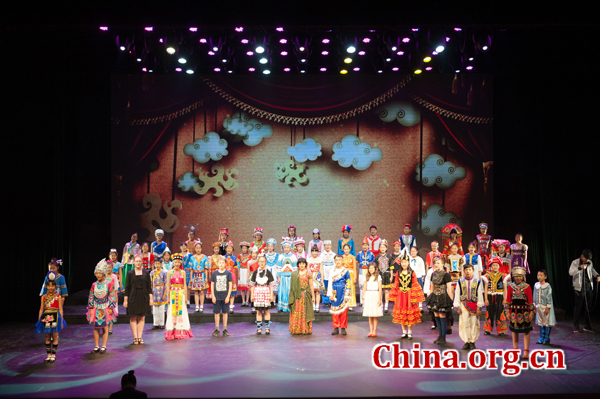A fundamental new cybersecurity law, which will take effect on Thursday and is intended to safeguard sovereignty in cyberspace, national security and the rights of citizens, bans online service providers from inappropriately collecting and selling users’ personal information.
China has more than 730 million internet users-more than the population of the European Union-and nearly 700 million mobile phone users, according to government statistics.
President Xi Jinping called in April for better use of the internet to benefit the people and the country. Industry insiders interpreted this as indicating an integrated development of the internet and the economy.
According to a State Council five-year informatization plan, China will expand e-commerce transactions to more than 38 trillion yuan ($5.5 trillion) by 2020, up by 16 trillion yuan over 2015.
However, internet-related scams and data theft began to abound as internet use made economic headway in China.
The new law, which was passed by the country’s top legislature in November, makes it clear that no one can use the internet to conduct fraud or sell prohibited goods.
Those who violate the provisions and infringe on personal information will face hefty fines, it stipulates.
To protect individuals’ privacy, internet service providers are forbidden by the new law from collecting user information that is irrelevant to the services provided, and they should handle the information they do collect in line with laws and agreements.
Moreover, users will have the right to ask service providers to delete their personal information if such information is abused, according to the law.
Additionally, the new law says, cybersecurity management staff members must also protect information that is obtained and are banned from leaking or selling the information, including privacy and commercial secrets, it said.
Shen Yi, deputy director of the Cyberspace Governance Study Center at Fudan University, said that the people’s sense of benefit should be the evaluation criteria for cybersecurity and informatization, rather than simply technical indexes.
Last year, China conducted several internet-clearing campaigns that included checks on websites, search engines and mobile apps, previous reports said. Some live-broadcast websites were shut down after they were found to be hosting or streaming illegal content, such as pornography.
In March, China issued its first international strategy for cyberspace cooperation to improve such cooperation worldwide.
Several other regulations will also take effect on Thursday. A regulation on online news requires government permission before releasing news on instant messaging apps or social websites. Additionally, civilian drones weighing more than 250 grams must be registered under real names to improve civil aviation safety, and the use of highly toxic pesticides on edible agricultural products is banned.
read more


